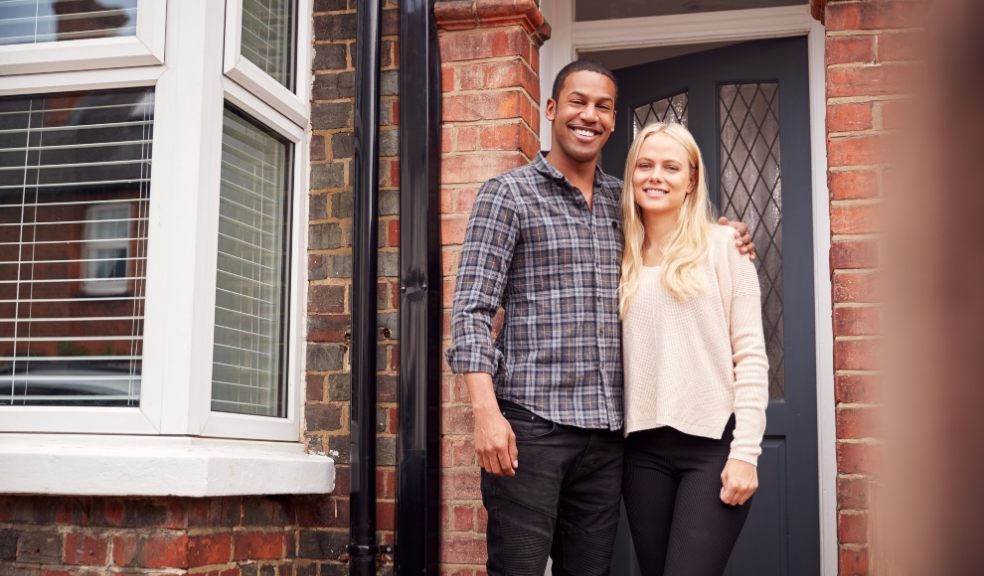
What does 2020 have in store for the housing market?
Some fresh signs of life have been springing up in the housing market.
The average UK house price jumped by just over £4,000 between November and December last year, according to Halifax. And some property websites have reported seeing a boost in activity during December 2019, compared with a year earlier – perhaps indicating more people are considering moving in the near future.
So, what does 2020 hold for the housing market?
No one can ever predict exactly what’s going to happen. However, here’s a look at the trends and expert predictions, which could provide some clues about what’s around the corner…
Several experts believe house-price growth across the UK could be somewhere around the 2% mark in 2020
Yorkshire Building Society thinks house prices could increase by 0-2%, the Royal Institution of Chartered Surveyors expects a 2% average increase, and Rightmove also predicts sellers’ asking prices will increase by 2%. Meanwhile, Halifax expects house price inflation of 1-3%.
Economists have suggested that the December 2019 General Election result could bring more certainty to the market as 2020 gets under way. Indeed, property website Rightmove says it saw demand across the UK from prospective buyers increased by 28% in the four days after the election, compared with the same four days in 2018.
But experts also suggest Brexit-related uncertainties may inject a further dose of caution into the housing market as 2020 progresses.
Andrew Montlake, managing director of broker Coreco, says: “The first half of the year may see more activity than the second, as the feel-good factor caused by the General Election result slowly fades and the complexity of the trade negotiations ahead becomes clearer.”
House prices across the UK’s major cities are tipped to increase by 3% on average in 2020
Home buyers who fancy city living could face forking out more for a property this year. Property website Zoopla says it expects city house prices to increase by 3%.
In cities which are currently more affordable, house prices may increase by 4% by the end of 2020, it forecasts. Zoopla says the average UK city house price has already increased by around £90,000 – over the past decade – equating to a 4.4% average annual increase.
Rents are expected to increase faster than house prices in 2020
This is partly due to evidence that some landlords have been scaling down the number of properties they own – meaning there’s less choice for renters.
The Royal Institution of Chartered Surveyors predicts rents will increase by 2.5% in 2020 as the sector continues to struggle with a lack of supply, compared with house price growth of around 2%.
David Cox, chief executive of letting agents’ body Arla Propertymark, says more than four-fifths (84%) of letting agents think rental prices will increase over the coming year, up from 65% when agents were asked the same question a year earlier, looking ahead to 2019.
The number of first-time buyers is on the up, meaning that more people will be needed the help of a mortgage advisor to aid them their home buying journey.
According to estimates from Yorkshire Building Society, there were more first-time buyers across the UK in 2019 than in any other year since 2007. The Society calculates more than 353,400 took their first step on the property ladder last year.
Nearly twice as many first-time buyers secured a mortgage in 2019, as at the start of the financial crisis in 2008. Those entering the property market now account for more than half (51%) of homes purchased with a mortgage.
So, will the growth in first-time buyers continue? Low mortgage rates and low deposit mortgages should continue to help the sector in 2020.
Lesley McPherson from the Co-operative Bank, says: “Buying a first home is still a key priority for many people and if interest rates remain low through 2020 it would be good news for first-time buyers.”
The bank expects to see continued interest first-time buyer mortgage products catering specifically for the sector. And Nitesh Patel from Yorkshire Building Society, says: “The number of first-time buyers has grown strongly over the past few years. We expect the number of first-time buyers to continue to rise in 2020, but at a slower rate than in recent years.”
High house prices compared with incomes could still be a barrier to some aspiring first-time buyers. According to Nationwide Building Society, by the end of 2019, earnings typically equated to around five times house prices for the typical first-time buyer – close to 2007’s record high ratio of 5.4.
Patel says while housing affordability will constrain activity in some parts of the UK: “In regions where wage growth has outpaced house price growth in recent years, including many parts of the North, Wales and Scotland, we’re likely to see a faster increase in first-time buyers.”
Picture: Getty Images/iStockphoto













